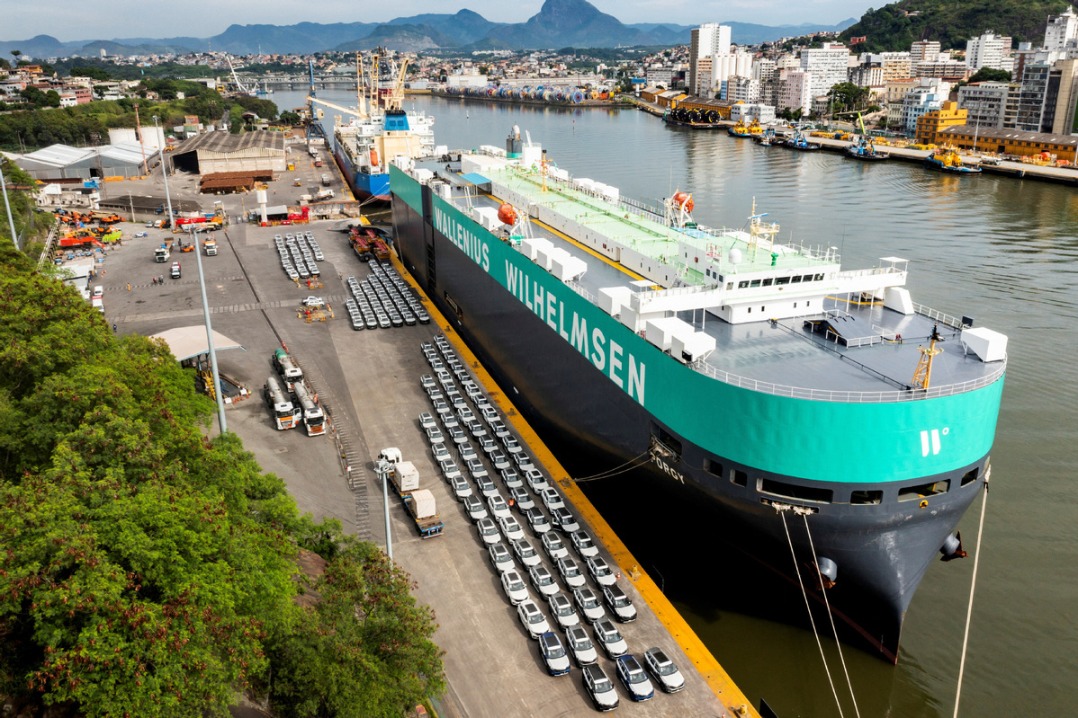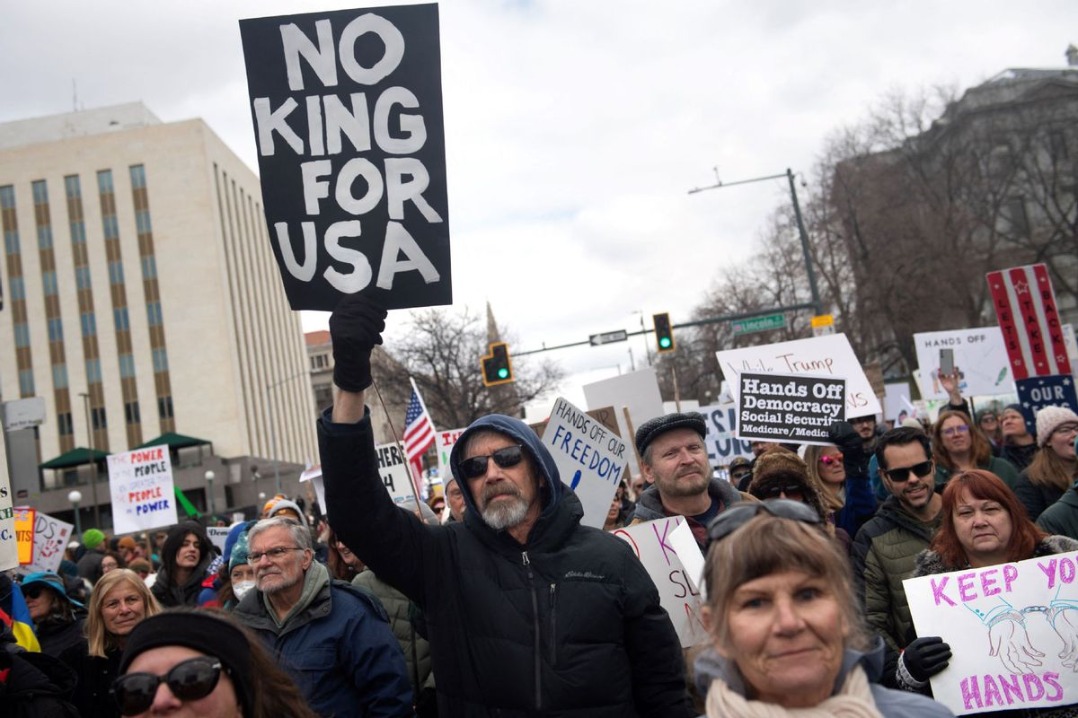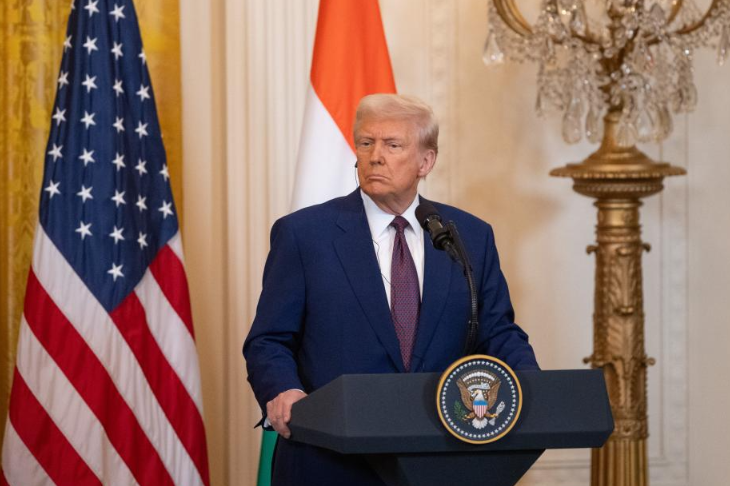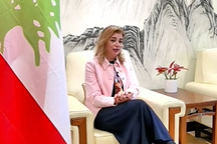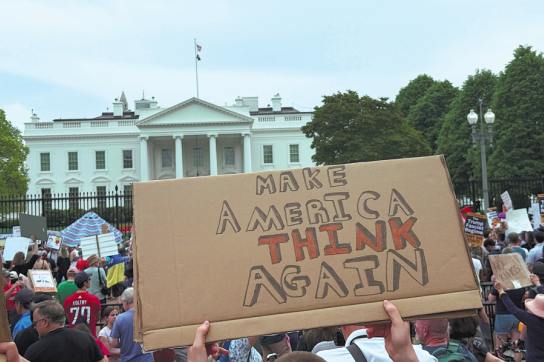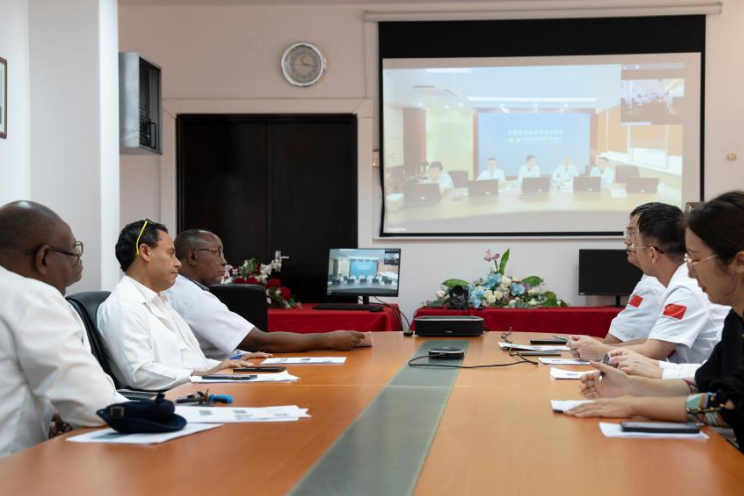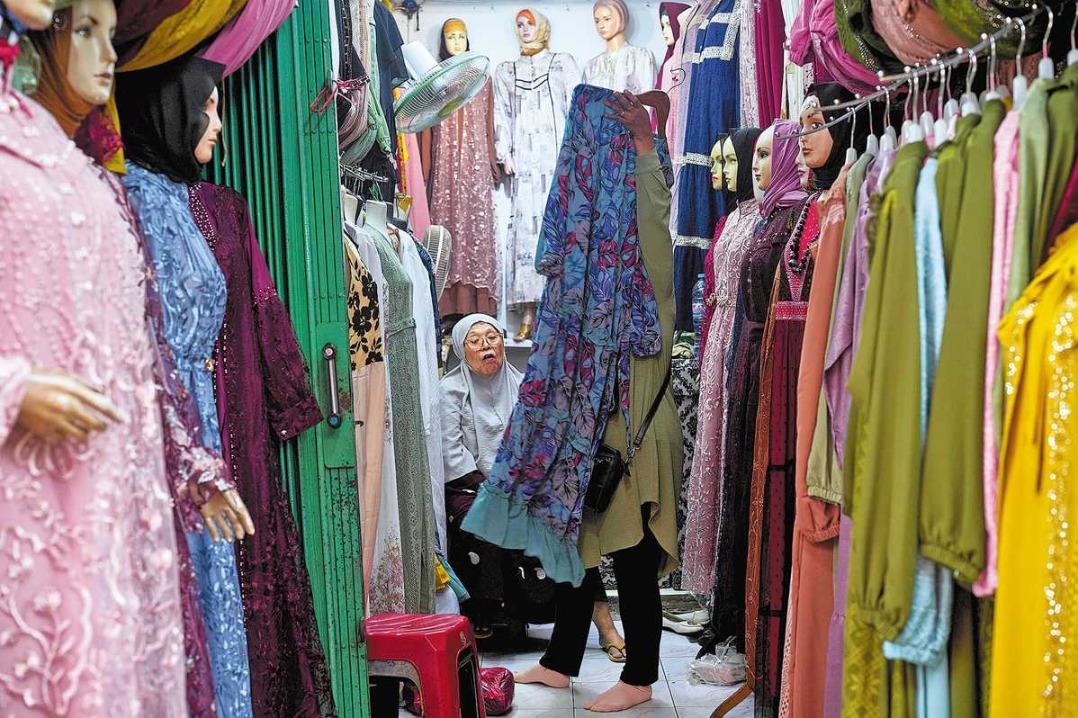Latin American nations push for diversification

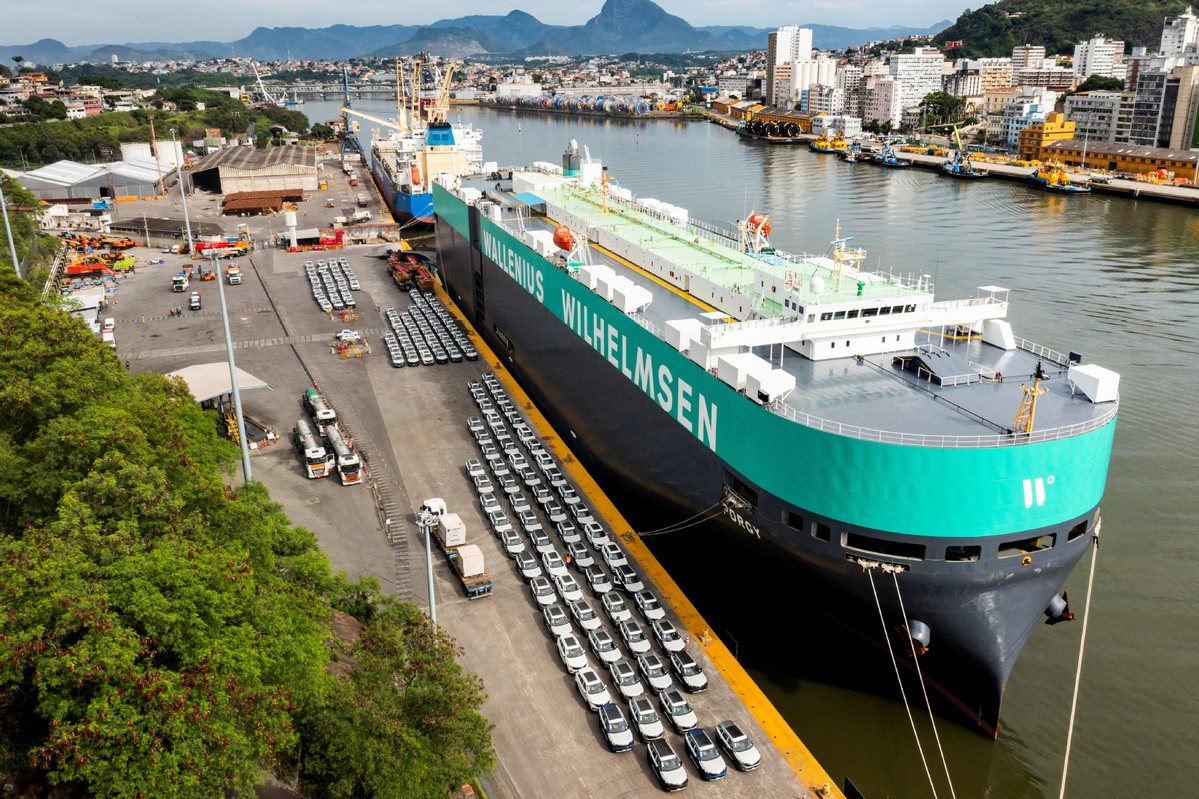
As the United States moves ahead with global tariffs, experts say that growing economic uncertainty is moving Latin American nations to renew their efforts to reduce reliance on Washington.
Welber Barral, a former foreign trade secretary of Brazil, noted that the move may prompt significant adjustments among Latin America's key trading partners.
"What's happening now isn't new. (US President Donald) Trump has followed this approach for years," Barral told China Daily.
He said the full impact of the measures on international trade remains unclear, despite their predictable nature.
Latin American leaders gathered in Tegucigalpa, the capital of Honduras, on April 9 for the 9th Summit of the Community of Latin American and Caribbean States, or CELAC, where 11 heads of state condemned US tariffs and migration restrictions.
"Trade wars have no winners," said Brazilian President Luiz Inacio Lula da Silva, highlighting that "arbitrary tariffs destabilize the international economy and raise prices".
He said the region's "autonomy is in jeopardy" due to "attempts to restore former hegemonies".
CELAC's incoming chair, Colombian President Gustavo Petro, called for stronger regional coordination. "We must decide whether we help each other or retreat into loneliness," he said.
Barral said that mounting US pressure is prompting Latin American countries to diversify their export markets.
"Everybody, especially those that export a lot to the United States, is going to look for alternatives," he said, hinting at a strategic pivot away from a US-dominated market.
Barral highlighted the role of China in regional trade. "China is investing in Latin America," he said.
"China plays a significant role in Latin America," Barral said. "I talked to some Latin Americans here in Brasilia, and there's a lot of talk regarding the recent China-CELAC Forum."
Shifting landscape
On the shifting trade landscape, Barral concluded, "In this situation, the barriers the US is creating offer a very good opportunity to promote other agreements."
Juan Carlos Baker, former Mexican vice-minister for foreign trade, says Mexico must brace for economic uncertainty and prepare to push back, if necessary.
"The US tariff policy really is to rewrite the rules for international trade, and to change the narrative," he told China Daily.
"The announcement reflects a shift toward a much more unilateral and transactional approach to trade," Baker said, referring to the Trump administration's push for across-the-board tariffs.
"It's ironic that it was the US which helped build a rules-based global trade system, and now it's openly questioning its core principles," he said.
Although Trump has suspended the tariffs for 90 days, Baker noted that a 25 percent tariff on auto imports is still casting long shadows across North America's integrated supply chains.
Baker argued that such measures, if sustained, could shake investor confidence and destabilize key Mexican industries.
"Mexico risks losing its relative advantage in key sectors like autos, steel and electronics," he said. "The uncertainty also complicates investment decisions and may reduce Mexico's attractiveness in the eyes of long-term investors."
















